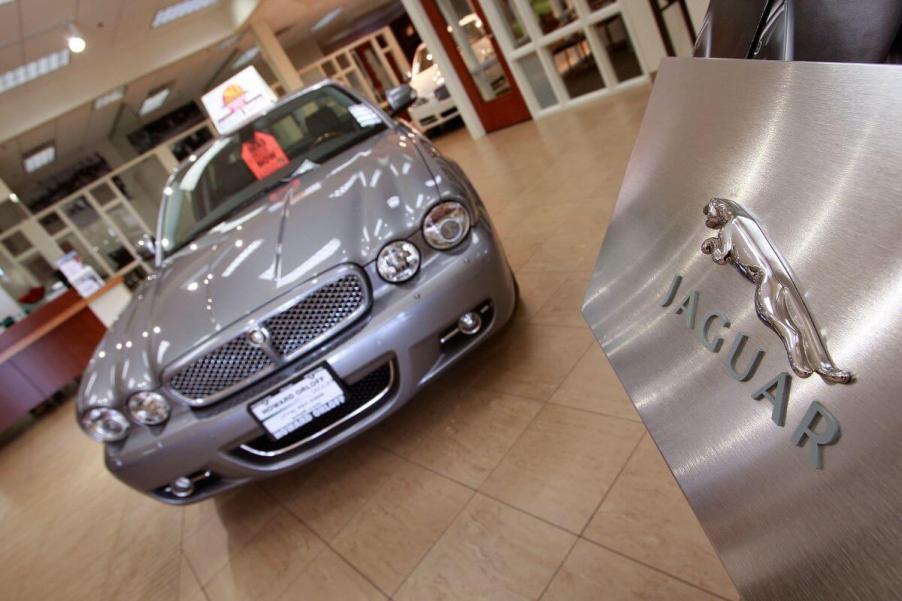
Is 1 Electronics Company Responsible for Making Jaguar More Unreliable?
Jaguar is one of the most well-known luxury brands in Europe. In the past, Jaguar has gone toe to toe with other European luxury heavyweights like BMW and Mercedes-Benz, and in some specific instances, Jaguar was a superior brand. However, the Jaguar brand has been marred over time with many reliability issues.
These reliability issues started in the 1970s and 1980s when Jaguar struggled to produce solid vehicles. Although this period wasn’t necessarily bad for Jaguar overall, there is no question that it was one of the worst times to own a Jaguar regarding reliability. Was there any specific company to blame for Jaguar’s production woes? Was it just a mixture of a car culture that didn’t anticipate any long-term use, or was there more to Jaguar’s issues on the road? Here is everything you need to know about the one electronics company that helped give Jaguar one of the worst reputations on the road.
What is Lucas Electronics, and why are they hated?
Lucas is a British automotive and aerospace company that rose to prominence after World War I. Following World War I, Lucas branched out from making general metal merchandise to making windshield wipers, alternators, diesel systems, braking systems, and automotive ignition systems. At first, Lucas was the standard for British electrical systems, and over time, many companies, including Lotus and Jaguar, adopted its systems into their vehicles.
Sadly, Lucas eventually became well-known for its reliability issues. Throughout the 1970s and 1980s, it wasn’t uncommon to have wires crossed in a vehicle leading to a windshield wiper switch turning on the headlights or having similar components like the headlights fail when you need them the most, as Hagerty explains. Electrical issues were so bad that Lucas even became known as the “Prince of Darkness.”
Is Lucas the sole reason for Jaguar’s reliability issues?
Depending on who you ask, there is still a wide-open discussion on what historically caused Jaguar’s reliability issues. It is easy to point to Lucas as the bad guy in this situation, with nearly every Lucas product causing problems. However, when Ford bought Jaguar in the late 1980s and got rid of Lucas Electronics in its vehicles, Jaguar continued to have issues in other areas as well. Of course, Ford-owned Jaguar was much better regarding overall reliability, with many Jaguar owners claiming that nixing Lucas fixed everything. However, some Jaguar owners on various social media sites like Reddit claim that Ford’s engines weren’t built the best, and the start of Ford’s ownership is when performance started to lag behind German companies.
Labor disputes were also to blame for the historical issues found with Jaguar, with many British companies merging to form British Weyland. This conglomerate didn’t work together well, leading to problems with companies sharing information and poor vehicle fit and finish.
Is a modern Jaguar more reliable than a vintage one?
Jaguar as a company has been through many changes over the years, and the biggest is their change in ownership. After Ford sold Jaguar Land Rover to Tata Motors in 2008, the Jaguar of the past is essentially gone. However, Jaguar’s historical reliability woes have stuck with them over the years, leading to many companies like Consumer Reports giving Jaguar vehicles low-reliability scores based on that history alone.
Jaguar vehicles are more reliable than you would think, especially today. The fall of Jaguar’s reliability also cannot be placed solely on Lucas. There were so many issues with the British automotive industry that there were build quality issues at nearly every step of the manufacturing process, not just in electronics.




